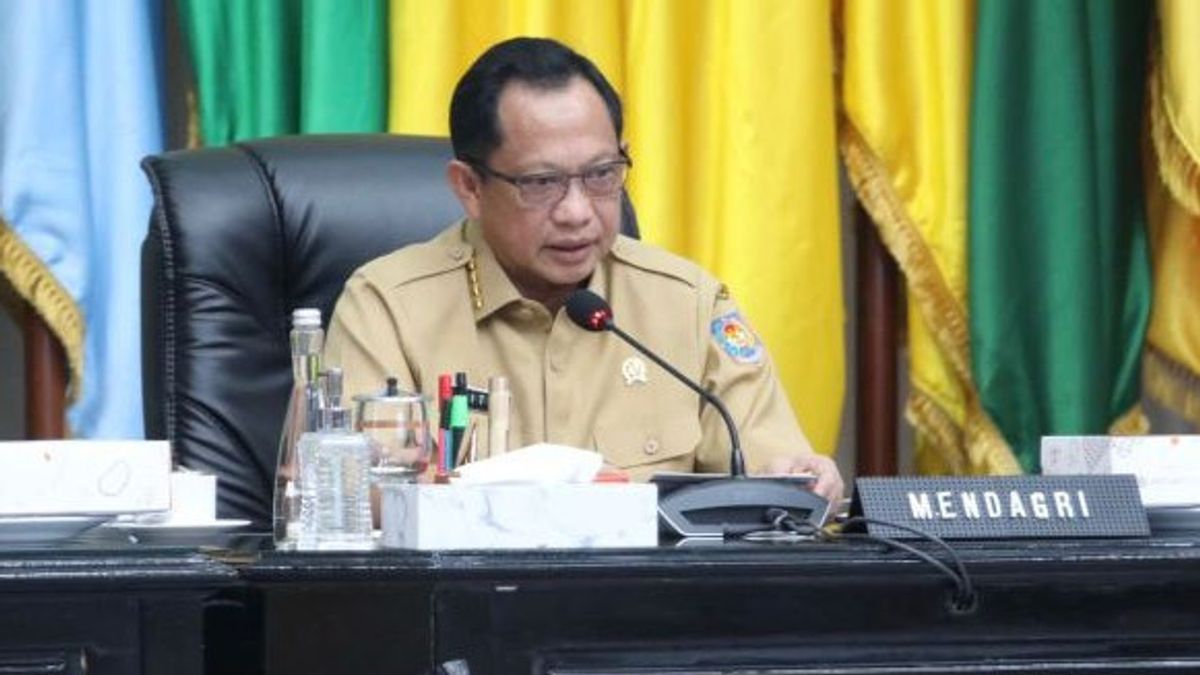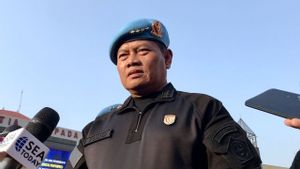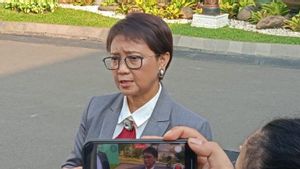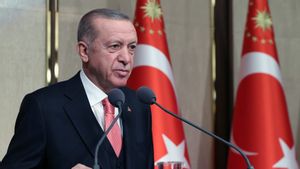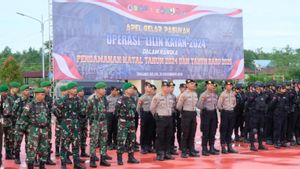JAKARTA - Minister of Home Affairs Tito Karnavian revealed a number of strategic steps to meet the availability of national rice in the face of the El Nino phenomenon.
The reason is, this phenomenon has an impact on several types of imported foods such as wheat, rice, and garlic.
"Mr. President, in a meeting last week that we also attended, gave the task to Bulog, the National Food Agency for rice stocks, this is struggling," Tito said as quoted by ANTARA, Monday, August 7.
The Ministry of Home Affairs asks local governments (Pemda) to continue to be vigilant against these conditions. Especially for rice, the Minister of Home Affairs added, several countries such as India have stopped exports to Indonesia. Even though Indonesia is one of the big importers from India.
"So far, we have bought rice to Vietnam and to Thailand, and Vietnam and Thailand have also prioritized reduced products because drought is for domestic consumption, although they are still exporting abroad, those who are exported are premium class, while those who are medium and those who are below them are prioritized for the people, because the price is cheaper," he said.
In order to maintain the availability of rice in the community, Tito explained that the government plans to import rice from these countries again. President Jokowi stated that imports must be carried out quickly, because this year there is potential for El Nino to interfere with rice production.
"In terms of production, we know that domestic production is not enough for our rice, then imports have been carried out, this is from the Bulog then the Ministry of Trade, I understand the Food Agency is working very hard to meet the stock of at least 2 million tons by the end of 2023, to secure perhaps at the peak of drought in August, September, and October," explained Tito.
On the other hand, the Minister of Home Affairs also mentioned a number of Presidential directives regarding strategic steps in anticipating the availability of rice in the regions.
VOIR éGALEMENT:
First, the local government needs to know or monitor which areas are the pockets of rice production that experience drought, thus reducing domestic rice production.
Second, the local government needs to monitor which areas experience rice shortages and experience an increase in rice prices.
Third, it is necessary to intervene in areas that experience these two conditions and the handling is adjusted to the conditions of each region. Thus, areas with sufficient rice stocks do not need intervention.
In addition, Tito also asked regional heads, Regional Food Task Force, Regional Leadership Coordination Forum (Forkopimda) to move actively in monitoring the availability of rice in their respective regions.
"For this reason, the regions really ask each district/city province to check properly, check properly in the market, in distributors' places, in their respective Bulog warehouses, whether the stock is sufficient or not. If it is estimated that it is not enough to immediately take anticipatory steps, for example through surplus inter-regional purchase cooperation, especially deficit areas, not regional heads, Task Force, Forkopimda stay silent, once there is a shortage of prices, they are confused," he concluded.
The English, Chinese, Japanese, Arabic, and French versions are automatically generated by the AI. So there may still be inaccuracies in translating, please always see Indonesian as our main language. (system supported by DigitalSiber.id)
